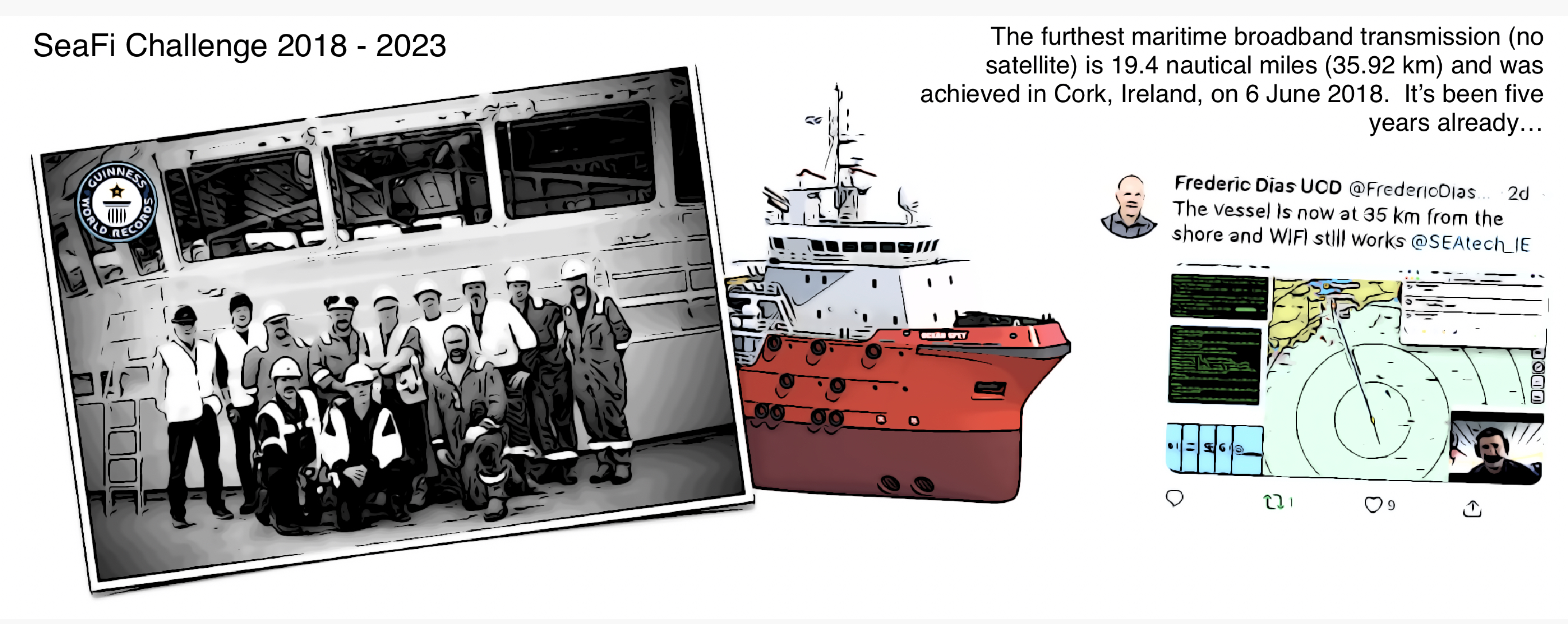Deprecated: Optional parameter $value declared before required parameter $i is implicitly treated as a required parameter in
/var/www/vhosts/92/1096010/webspace/siteapps/joomla-173844/htdocs/components/com_rsblog/helpers/rsblogicon.php on line
771
Deprecated: Return type of DOMWordsIterator::current() should either be compatible with Iterator::current(): mixed, or the #[\ReturnTypeWillChange] attribute should be used to temporarily suppress the notice in
/var/www/vhosts/92/1096010/webspace/siteapps/joomla-173844/htdocs/components/com_rsblog/helpers/truncate/DOMWordsIterator.php on line
99
Deprecated: Return type of DOMWordsIterator::next() should either be compatible with Iterator::next(): void, or the #[\ReturnTypeWillChange] attribute should be used to temporarily suppress the notice in
/var/www/vhosts/92/1096010/webspace/siteapps/joomla-173844/htdocs/components/com_rsblog/helpers/truncate/DOMWordsIterator.php on line
61
Deprecated: Return type of DOMWordsIterator::key() should either be compatible with Iterator::key(): mixed, or the #[\ReturnTypeWillChange] attribute should be used to temporarily suppress the notice in
/var/www/vhosts/92/1096010/webspace/siteapps/joomla-173844/htdocs/components/com_rsblog/helpers/truncate/DOMWordsIterator.php on line
56
Deprecated: Return type of DOMWordsIterator::valid() should either be compatible with Iterator::valid(): bool, or the #[\ReturnTypeWillChange] attribute should be used to temporarily suppress the notice in
/var/www/vhosts/92/1096010/webspace/siteapps/joomla-173844/htdocs/components/com_rsblog/helpers/truncate/DOMWordsIterator.php on line
105
Deprecated: Return type of DOMWordsIterator::rewind() should either be compatible with Iterator::rewind(): void, or the #[\ReturnTypeWillChange] attribute should be used to temporarily suppress the notice in
/var/www/vhosts/92/1096010/webspace/siteapps/joomla-173844/htdocs/components/com_rsblog/helpers/truncate/DOMWordsIterator.php on line
110
Deprecated: htmlspecialchars(): Passing null to parameter #1 ($string) of type string is deprecated in
/var/www/vhosts/92/1096010/webspace/siteapps/joomla-173844/htdocs/components/com_rsblog/views/posts/view.html.php on line
49
UCD Wave Group research blog
Maths with creativity...
The wave group has recently published work in the Computers and Fluids journal. The work focuses on the performance analysis of the internally developed tsunami code: Volna-OP2. Volna-OP2 is a robust and efficient code capable of simulating the complete life cycle of a tsunami whilst harnessing the latest High Performance Computing architectures.
An in-depth error analysis of the numerical scheme implemented in the code is given, with a novel decomposition of the numerical errors into the dispersion and dissipation components explored. Most tsunami codes exhibit amplitude smearing and/or phase lagging/leading, so the error decomposition shown here is a new approach and novel tool for explaining these occurrences.
To date, Volna-OP2 has been widely used by the tsunami modelling community. In particular its
Read more
The wave group are delighted to announce some newly published work in the journal Geosciences, which is part of a special issue: Advances in tsunami science towards tsunami threat reduction. The work focuses on the tsunami threat posed by the Lisbon 1755 earthquake event on the Irish coastline and was carried out in collaboration with Brian McConnell of Geological Survey Ireland.
As there is no general consensus on the earthquake source parameters for the Lisbon event, multiple sources introduced in the literature are investigated. The tsunami hazard associated with the event is captured on three gradated levels. With the internally developed massively parallel tsunami code, Volna-OP2, used to simulate the resultant tsunami waves. Regional faster than real time simulations for the
Read more

